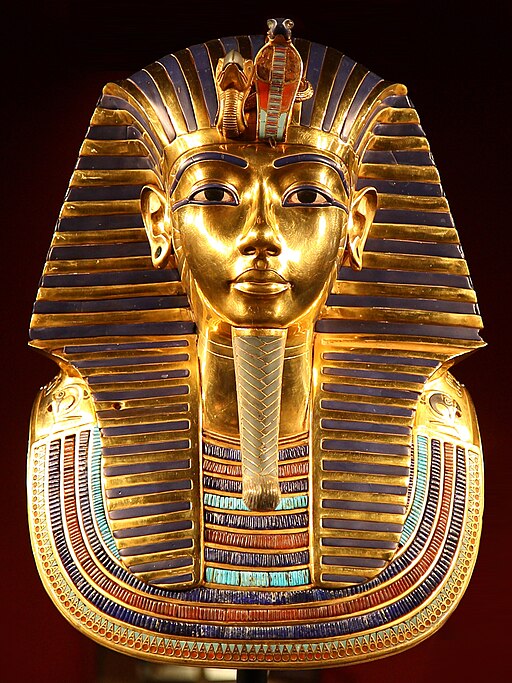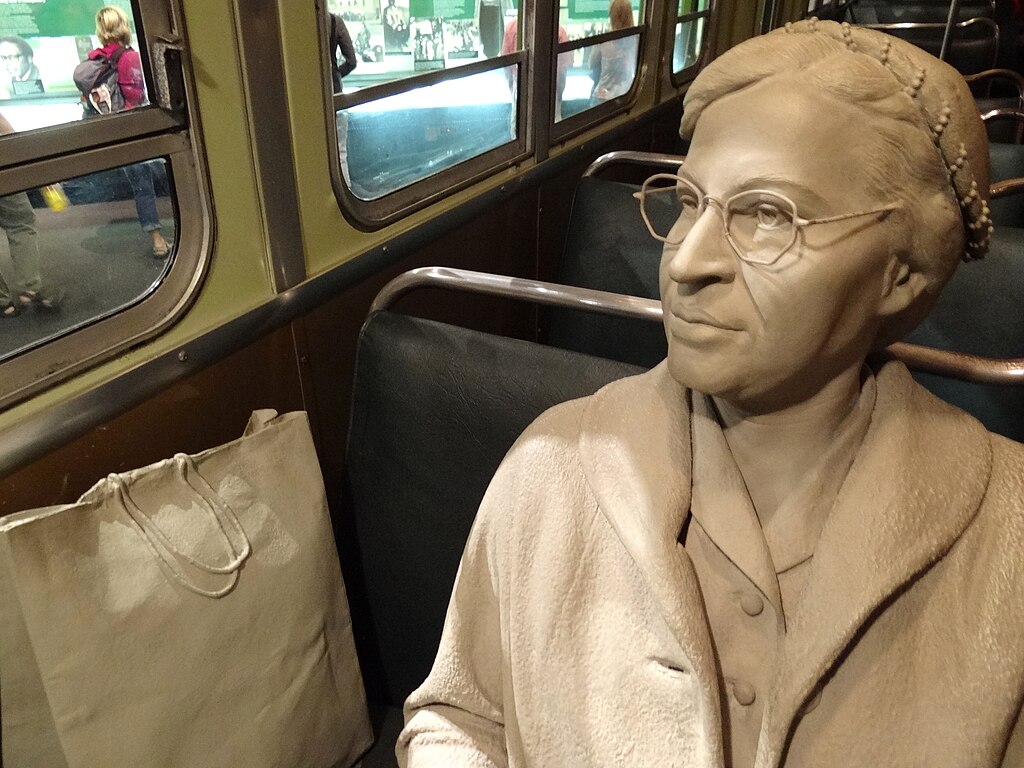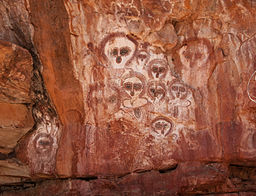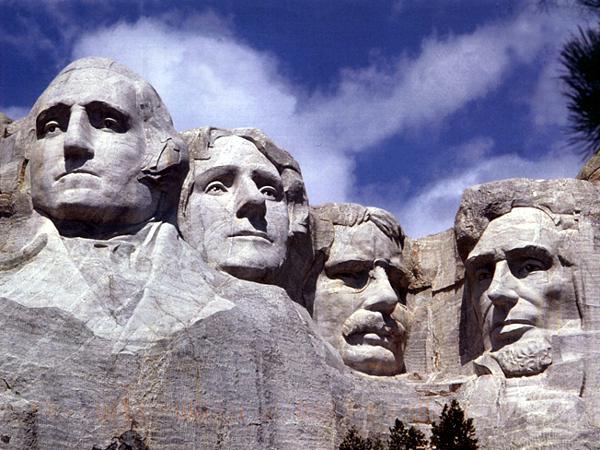
“Saint John the Baptist in the Wilderness” by Caravaggio depicts the cousin of Jesus who baptized Jesus in Jordan. John lived in the wilderness of Judea between Jerusalem and the Dead Sea. For the young Caravaggio, John was invariably a boy or youth alone in the wilderness.
This image was based on the statement in the Gospel of Luke that
“the child grew and was strengthened in spirit, .. until the day of his manifestation to Israel.”
The subject of “Saint John the Baptist in the Wilderness” allowed a religious treatment of the partly clothed youths he liked to paint at this period.
The painting displays Caravaggist’s extreme use of light and shadow and is also typical in taking a young John the Baptist as its subject, this time set in a dark landscape.
The psychology of John’s struggles for the truth is conveyed through the artful manipulation of limbs and countenance. John the Baptist was the subject of at least eight paintings by Caravaggio.
This painting was commissioned in 1604 by the papal banker and art patron Ottavio Costa. Costa intended it for an altarpiece for a small oratory but liked it so much that he sent a copy to the oratory and kept the original in his collection.
It is now in the Nelson-Atkins Museum in Kansas City.
The artist, Caravaggio (1571 – 1610) was an Italian painter active in Rome for most of his artistic life. His paintings combine a realistic observation of the human state, both physical and emotional, with a dramatic use of lighting, which had a formative influence on Baroque art.
Caravaggio employed a dramatic use of chiaroscuro. He made the technique a dominant stylistic element, darkening shadows and transfixing subjects in bright shafts of light.
Caravaggio’s influence on the new Baroque style was profound. The following generations that became heavily influenced by his style were called the “Caravaggisti” or “shadowists.”
“Saint John the Baptist in the Wilderness” by Caravaggio
- Title: Saint John the Baptist in the Wilderness
- Artist: Caravaggio
- Created: 1605
- Media: Oil on canvas
- Dimensions: Height: 172.7 cm (68″); Width: 132 cm (52″)
- Type: Biblical Art
- Museum: Nelson-Atkins Museum of Art
John the Baptist
John the Baptist (late 1st century BC – 28–36 AD) was an itinerant Jewish preacher in the early 1st century AD. John the Baptist is revered as a religious figure in Christianity, Islam, the Bahá’í Faith, and Mandaeism.
He is called a prophet by these faiths and is honored as a saint in many Christian traditions.
John anticipated a messianic figure greater than himself, and the Gospels portray John as the precursor of Jesus. According to the New Testament, John the Baptist and Jesus of Nazareth were relatives.
John used baptism as the central symbol of his pre-messianic movement. John baptized Jesus, and some of Jesus’ early followers had previously been followers of John.
According to the New Testament, John was sentenced to death and subsequently beheaded by Herod Antipas sometime between 28 and 36 AD after John rebuked him for divorcing his wife and then unlawfully wedding the wife of his brother.
“Saint John the Baptist in the Wilderness” by Caravaggio
Caravaggio
Caravaggio (1571 – 1610) was active in Rome, Naples, Malta, and Sicily from the early 1590s to 1610. His paintings combine the realistic observation of the physical and emotional human situation with the dramatic use of lighting.
He made the technique of darkening shadows and transfixing subjects in bright shafts of light his dominant stylistic element.
His influence on the new Baroque style that emerged from Mannerism was profound. In the 20th century, interest in his work was revived. Since then, his importance to the development of Western art has been elevated.
Yiannis, Thank You for everything
with Love from G & D
Sponsor your page at: SPONSOR “Joy of Museums”
Caravaggio
- Name: Michelangelo Merisi (Michele Angelo Merigi or Amerighi) da Caravaggio
- Birth: 1571 – Milan, Duchy of Milan, Spanish Empire
- Died: 1610 (aged 38) – Porto Ercole, Grand Duchy of Tuscany
- Movement: Baroque
- Masterpieces:
- Supper at Emmaus(National Gallery, London)
- Supper at Emmaus (Brera Art Gallery)
- The Musicians
- The Taking of Christ
- The Fortune Teller (Louvre Museum)
- Good Luck (Capitoline Museums )
- Saint John the Baptist in the Wilderness
- The Cardsharps
- The Seven Works of Mercy
“Saint John the Baptist in the Wilderness” by Caravaggio
Highlights of the Nelson-Atkins Museum of Art
- “Jupiter in the Guise of Diana, and the Nymph Callisto” by François Boucher
- “Saint John the Baptist in the Wilderness” by Caravaggio
- “Gloucester Harbor” by Winslow Homer
- The Thinker by Auguste Rodin
~~~
“Anyone with two tunics should share with him who has none.”
– John the Baptist
~~~
Photo Credit 1) Caravaggio / Public domain;
Popular this Week









 Sponsor your Favorite Page
Sponsor your Favorite Page SEARCH Search for: Search Follow UsJoin – The JOM Membership Program
Sponsor a Masterpiece with YOUR NAME CHOICE for $5
Share this:
- Tweet
